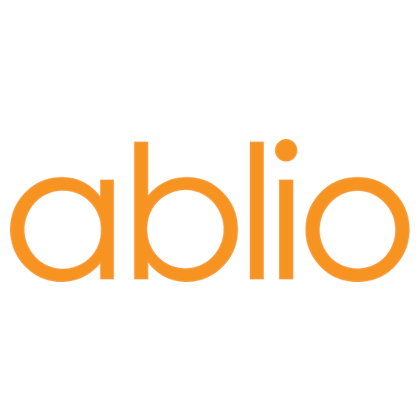Guidance for Translation in breakout rooms during Multilingual Virtual Conferences

This kind of conference will usually begin with a Plenary session and then small groups will be assigned to breakout rooms. Indeed, it may be that there is a series of switches from Plenary to breakout rooms
Where translation is required, there will be a set up for the Plenary Session with a number of language channels and two interpreters per channel.
When delegates are divided into smaller groups for breakout rooms, this set up would need to be replicated. The larger the number of breakout rooms, the more expensive it can become.
Here we consider two ways of optimising resources and reducing costs.
1. Consider dividing delegates in breakout rooms according to their own particular language.
The Plenary Session will have one or more speakers giving a presentation to the whole group, whilst everyone is listening. The need for interpreters is clear in this situation.
But in breakout rooms there are often free flowing conversations, with people talking over each other often without moderation of any kind ,although in some instance there might be observance of virtual platform protocols . However, this won’t be an issue if they are all speaking the same language. In this situation an interpreter would not be required. No cost.
2. If this is not possible because the division into breakout rooms is based upon other criteria e.g multilingual teams, skill sets, management groups then each room will need to replicate the Plenary set up. It does make sense, however, to reduce the number of language channels by grouping people as suggested above where possible.
The sessions will require a moderator to ensure that people don’t talk across one another and that interpreters have sufficient time to translate the delegates making their contribution.
Since breakout rooms are often less that an hour in duration, it is possible to reduce costs by having just one interpreter per language channel rather than two. However, there will be costs involved and these can be negotiated with the simultaneous translation provider to ensure a professional service at a reasonable price.
Using state-of-the-art IT & telecommunication technologies, ablio makes language interpretation services easily available to everyone, in any context, by creating tools and service platforms that are supported by its own community of live interpreters.
For further information please visit our websites:
● ablio.eu – General Website
● ablio.com – OPI Platform
● ablioconference.com – Simultaneous Interpreting Platform




